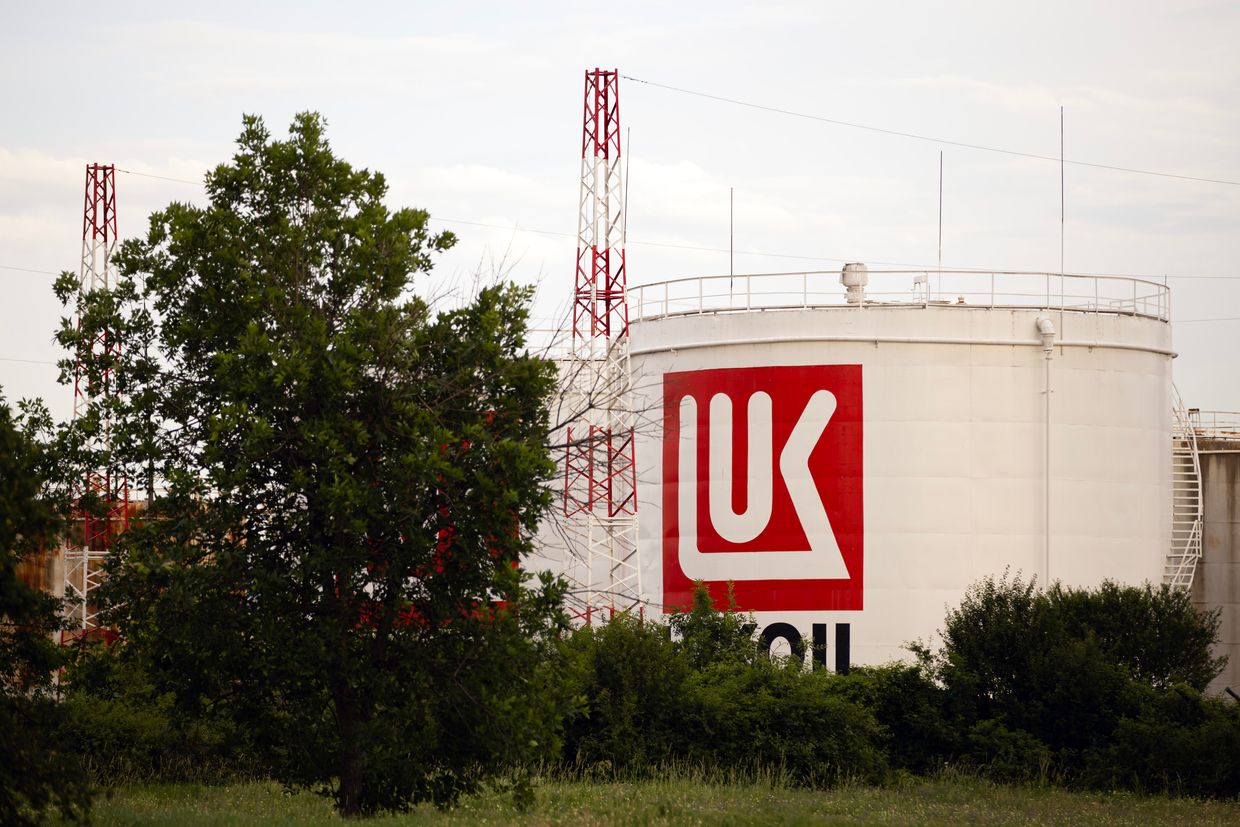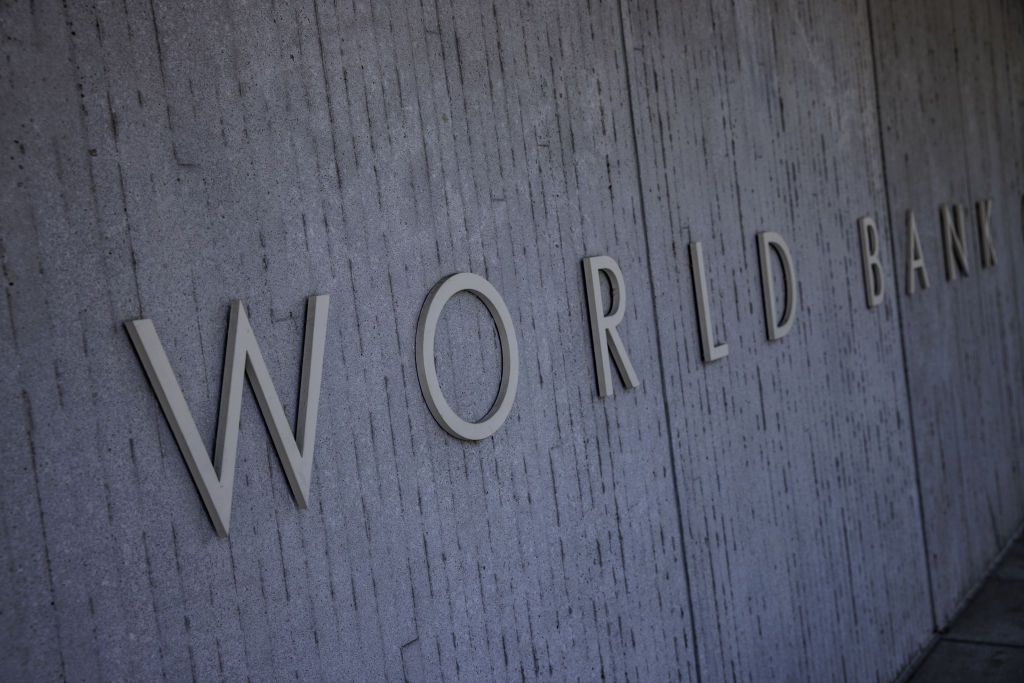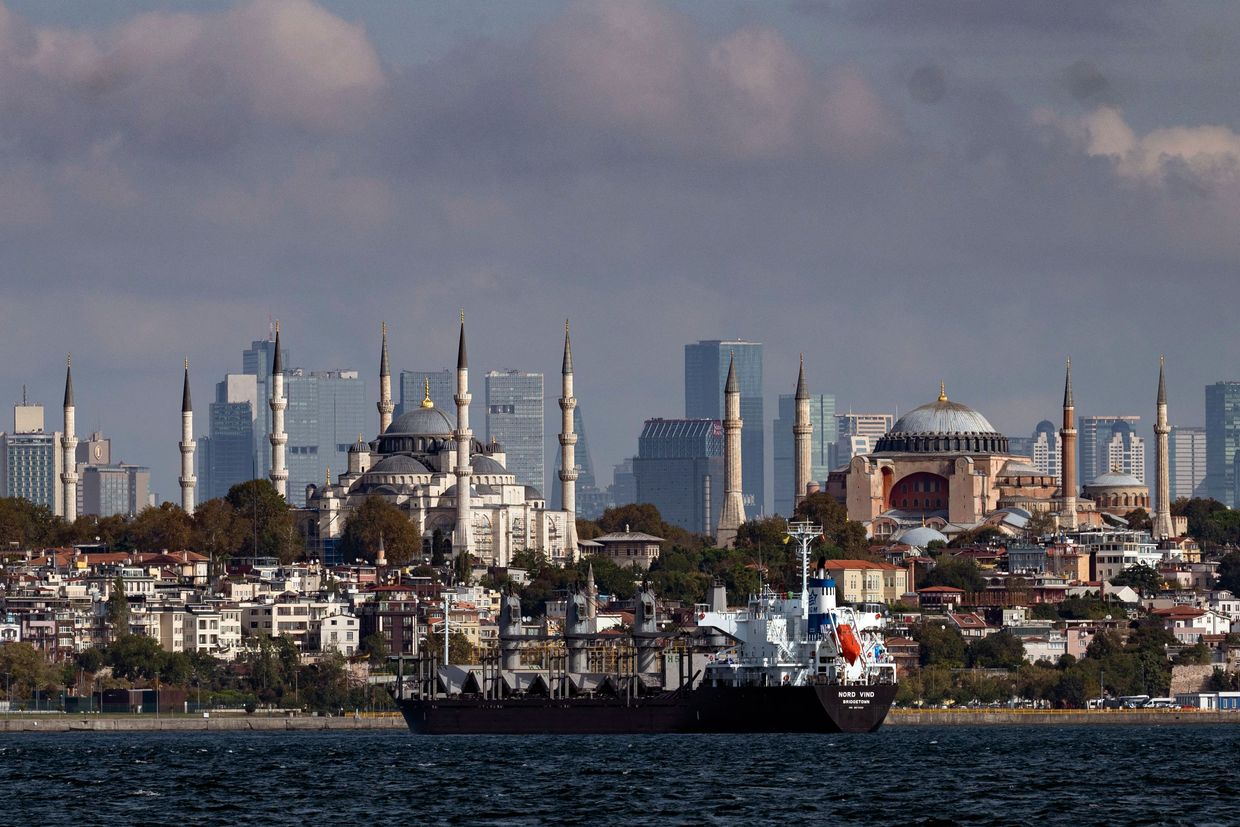The following is the Aug. 6, 2024 edition of our Ukraine Business Roundup weekly newsletter. This version is condensed as the author was out of the office. To get the biggest news in business and tech from Ukraine directly in your inbox, subscribe here.
It was the night before Alyona Mysko’s birthday when she got the word from her financial manager.
The founder of software company Fuel that provides financial planning for startups, Mysko was still working at home in Kyiv well into the night of July 22 when she learned that the company’s bank account was being cut off.
“(Tuesday) was my birthday, and the whole day was a situation,” she said. “It was a present from Mercury.”
Mercury is a U.S.-based fintech firm that provides banking services, specifically focusing on the startup market. It was a go-to for many firms with Ukrainian founders based both inside Ukraine and abroad. At the end of July, many of those firms were unceremoniously de-banked.
According to Mercury, the decision to cut off services to Ukraine was a response to U.S. sanctions on Russian-occupied parts of Ukraine. Ukrainian founders were shocked at the move by a firm that had once wooed them with their Ukraine-specific service offerings.
They say that not only is Mercury punishing them for being invaded, but that the firm is being lazy in cutting off everyone to avoid any run in with sanctions violations.
“We are a multibillion-dollar company, and we are too lazy to figure out if you are in occupied territory or Ukraine-controlled territory, so we're going to cut you off as an entire country,” Zinchuk summarizes Mercury’s position. “Because we’ve got sanctions or something. But it's complete bullshit.”
Affected Ukrainian founders took particular offense to Ukraine’s presence on a list of barred jurisdictions alongside heavily sanctioned jurisdictions — particularly Russia and Belarus.
As around 20% of Ukraine is occupied by Russia, it is in the unique position of having territorial-level rather than country-wide sanctions.
This causes particular complications, says Alex Zerden, who has worked at the U.S. Treasury’s Financial Crimes Enforcement Network, White House National Economic Council, and as a U.S. financial attaché in Afghanistan.
“You can have something that is compliant for most of Ukraine but then non-compliant at a sub-national level in those designated territories that are under Russian occupation,” Zerden says.
Read the full article here.

The latest in the oil pipeline debacle
Hungary won’t experience any oil shortages due to Ukraine’s decision to tighten sanctions and effectively block the transit of Russia’s Lukoil crude through the Druzhba pipeline, CEO of refiner Mol Nyrt said on Aug. 5.
“Let’s not cause panic,” Zsolt Hernadi, chairman and CEO, told a conference in a recording shared by the Hungarian company on Aug. 5, Bloomberg reported. “I don’t think this will lead to an actual shortage.”
You might remember though, that Hungary’s government and its friends over in Slovakia have been running around with their hair on fire over the blocked oil transit, saying it would threaten their energy security and demanding the EU do something. Earlier on Aug. 1, the EU said it saw no impact of the new sanctions on the transit operations of companies using the pipeline.
Hernadi said at the conference that Hungary has 90 days of strategic reserves and can also buy Russian crude oil from Croatia, adding that in fact, it’s not such a bad thing that the country has more options to import crude.
At the start of the full-scale invasion, the EU imposed an embargo on Russian oil imports but exempted pipeline supplies and gave some countries time to find alternative supplies.
Instead of shunning Russian oil like everyone else, Hungary and Slovakia kept chugging along. The two countries import at least a third of their crude oil from Lukoil.

Direct budget support
Ukraine received $3.9 billion from the United States via the World Bank program to finance budget expenditures, Prime Minister Denys Shmyhal said on Aug. 5.
"This is the first tranche of direct budget support from the United States in 2024. In total, Ukraine will receive $7.8 billion in direct budgetary assistance from the United States this year, which will allow us to confidently pass this financial period,” Shmyhal said.
What will the money go to? The Finance Ministry said the support would go towards pensions, salaries for teachers, State Emergency Service staff and other state employees, as well as assistance for displaced people, low-income families, and people with disabilities.
"The grant will help the Government of Ukraine to reimburse priority social and humanitarian expenditures without increasing the debt burden," Finance Minister Serhiy Marchenko said.
The agreement is part of the Peace in Ukraine project, which has been the main tool of the World Bank in providing financial assistance for Ukraine since the beginning of the all-out war in 2022. Over $25 billion has been raised via Peace in Ukraine.
This new deal will increase the amount to almost $30 billion, most of which was provided by the U.S. the Finance Ministry said. Since the start of the full-scale invasion, the U.S. has provided nearly $27 million in budget support to Ukraine, with this latest tranche coming from a $61 billion aid package passed in April.

Turkey, Ukraine get one step closer to free-trade zone
Turkey ratified a free trade zone agreement with Ukraine on Aug. 2, more than two years after the agreement was originally signed by the two countries' current presidents on Feb. 3, 2022, and 26 years after the agreement was first discussed in 1998.
Talks on the agreement didn’t even begin until 2007, after stalling for years due to disagreements over grains and metals.
Once the agreement is implemented, Ukraine will abolish import duties for 56% of industrial goods and 11.5% of agricultural goods. Turkey will abolish import duties for 93.4% of industrial goods and 7.6% of agricultural goods.
Turkish exports to Ukraine increased from $198 million in 2017 to $1.5 billion in 2022, while Ukrainian exports to Turkey increased from $776 million to $2.59 billion in the same period, according to data from the Observatory of Economic Complexity (OEC).
"After the ratification of the agreement, all countries on the Black Sea coast, with the exception of Russia, will be united into a single economic space," said Economy Minister Yulia Svyrydenko, who was in Turkey on Aug. 1 to discuss the deal with Turkish Trade Minister Omer Bolat.
The agreement awaits ratification by Ukraine's parliament, the Verkhovna Rada.
Petcube, Ukraine’s multimillion-dollar pet-tech company
Alex Neskin’s chihuahua puppy constantly whined every time his owner left the house. Not wanting angry neighbors banging on his door, the Kyiv-based entrepreneur devised a toy to distract Rocky, the puppy, when he was at work.
Neskin attached a camera with a laser pointer on top of a motor. He could move the laser remotely via a web browser and keep an eye on Rocky through the camera. Soon, the puppy felt more relaxed at home alone by playing with the laser’s red dot.
Realizing nothing else like this existed on the market, Neskin saw an opportunity to scale up his rudimentary toy. Alongside co-founders Andrey Klen and Yaroslav Azhnyuk, the trio created Petcube, a multimillion-dollar company that has sold nearly 1 million products worldwide since its founding in 2012.
“The primary focus of our research is that the pet market was and still is recession-proof. It is growing every year because we care about our pets and there's no reason for that to go down,” Klen, who is also the company's CMO, told the Kyiv Independent.
Over 12 years, the company has attracted more than $24 million in investments and created a range of products from basic home cameras to a remote-controlled treat dispenser. Now the company is developing its AI model to pick up pets’ health issues.
Read business reporter Dominic Culverwell’s full story here.
What else is happening
US crowdfunding company Buy Me a Coffee will no longer serve new Ukrainian accounts over sanctions on Russian-occupied territories
After Ukrainians were unable to withdraw money from their Buy Me a Coffee accounts to their Ukrainian bank accounts over the last week, the company’s technical support replied by saying that “due to recent changes in policy and increased legal requirements and sanctions, we are no longer accepting new (content) creators from Ukraine.” As around 20% of Ukraine's territory is subject to sanctions, “it has become extremely difficult to accurately verify and control locations, which creates significant risks of error," the company told one Ukrainian user.
$15 million dry port underway near Vinnytsia
A dry port is being built in near the central-Ukrainian city of Vinnytsia to better connect the country’s central regions with Odesa terminals and the EU through the Mostysk container terminal located near the Polish border, Deputy Mayor of Vinnytsia Andriy Ocheretny announced on Aug. 5. The port should be operational by the third quarter of this year, he said, adding that the port’s operations should create around 100 jobs.
Labor shortages in Poland increasing as influx of Ukrainians slows, data suggests
Companies in Poland are seeing increasing shortages of workers as the influx of Ukrainians (and Belarusians) into the country slows, Polish newspaper Rzeczpospolita announced on Aug. 5, citing data from Credit Agricole bank. As the potential of immigration from those countries is slowly exhausted, “it is possible that the government will tighten its migration policy, which would affect the inflow of workers from more distant countries,” Rzeczpospolita said.
Ukraine able to produce over 3 million drones a year, ministry says
Ukraine has the production capacity to produce more than 3 million drones a year, but requires financing from foreign partners as the state can only cover part of the budget, Deputy Strategic Industries Minister Hanna Hvozdiar said on July 30. Denmark became the first country to buy weapons and equipment for Ukraine's military from a domestic manufacturer, and Kyiv is currently in talks with the U.K. to help purchase domestically produced drones for the Ukrainian Armed Forces, according to Hvozdiar.
Ukraine's 2024 mortality rate is 3 times higher than birth rate, data shows
Ukraine's birth rate continues its downward trend in 2024, as official data shows one newborn per three deaths in the first six months of the year, the Opendatabot analytical service said on Aug. 5. Some 87,655 children were born in the first half of 2024, while 250,972 citizens died of various causes during the same period, data shows. The numbers are likely incomplete because of Russia's ongoing occupation of Ukrainian territories.













